Publications
Articles, publications, books, tools and multimedia features from the U.S. Institute of Peace provide the latest news, analysis, research findings, practitioner guides and reports, all related to the conflict zones and issues that are at the center of the Institute’s work to prevent and reduce violent conflict.
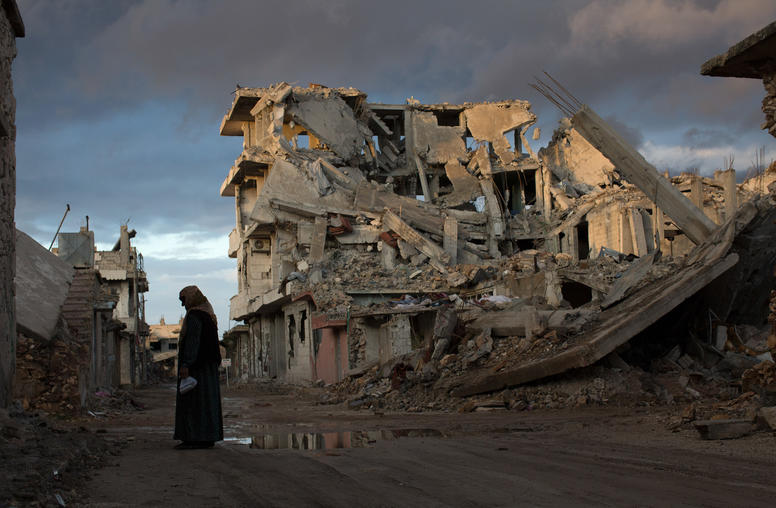
The Middle East: Divided, Dysfunctional
Even before President Donald Trump upended a core U.S. policy recognizing Jerusalem as Israel’s capital, late 2017 has been tumultuous in the Middle East. The Islamic State (ISIS) “caliphate” collapsed. Syria’s Assad regime all but won the six-year civil war, consolidating Iranian and Russian influence. Saudi Arabia purged...
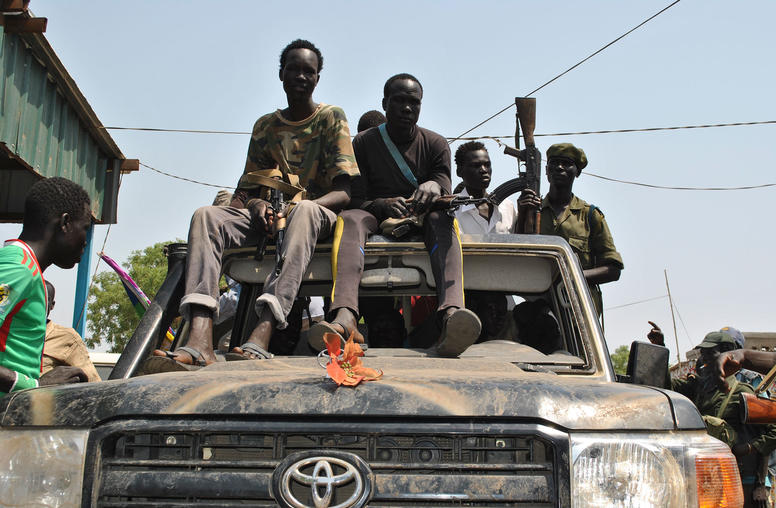
South Sudan’s Pitfalls of Power Sharing
This week, a new proposal for a power sharing government was tabled at the ongoing Intergovernmental Authority on Development (IGAD) High Level Revitalization Forum (HLRF) peace talks for South Sudan. An earlier, 2015 peace deal also contained a formula for power sharing; that arrangement failed and the civil war re-ignited a year later. Power sharing arrangements are appropriate if certain conditions are met, but not enough has been done to ensure the latest proposal will overcome the obstacles present in South Sudan, according to Susan Stigant, USIP’s director for Africa programs and Aly Verjee, a visiting expert at USIP and a former senior advisor to the IGAD mediation, who comment on the proposal and suggest how it could be improved.
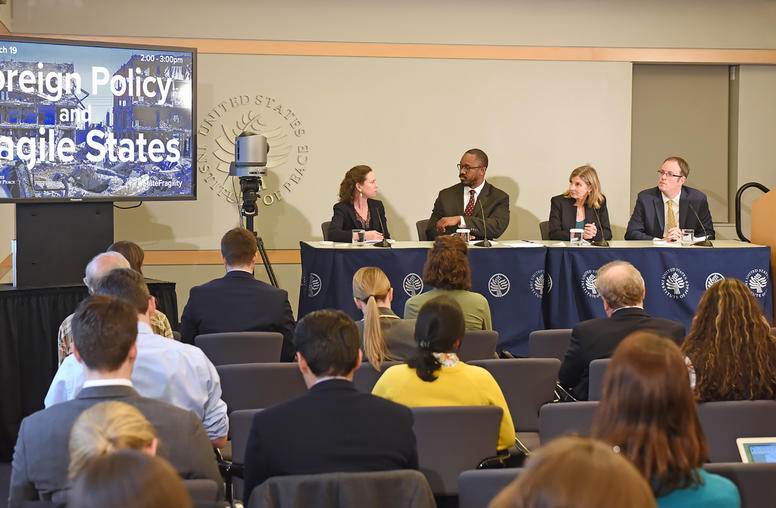
U.S. Policy on Fragile States: An On-Air Discussion
In the first of a series of town halls convened by America Abroad and the U.S. Intstitute of Peace, WAMU 1A’s host, Joshua Johnson, kicked off the show with a straightforward question: What, exactly, is a fragile state, he asked USIP President Nancy Lindborg.
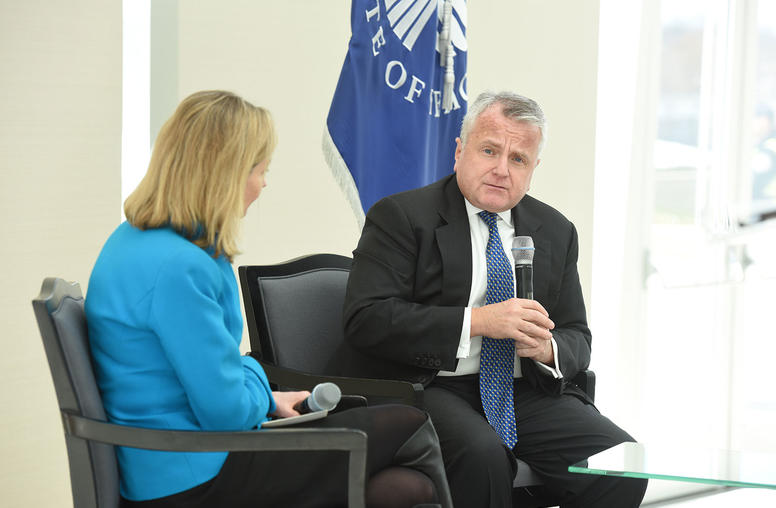
Deputy Secretary of State Sullivan: U.S. to Lead on Humanitarian Issues
The United States remains committed to its role as a global leader on humanitarian issues and will continue seeking to avert crises that spawn the need for humanitarian aid, Deputy Secretary of State John Sullivan said.
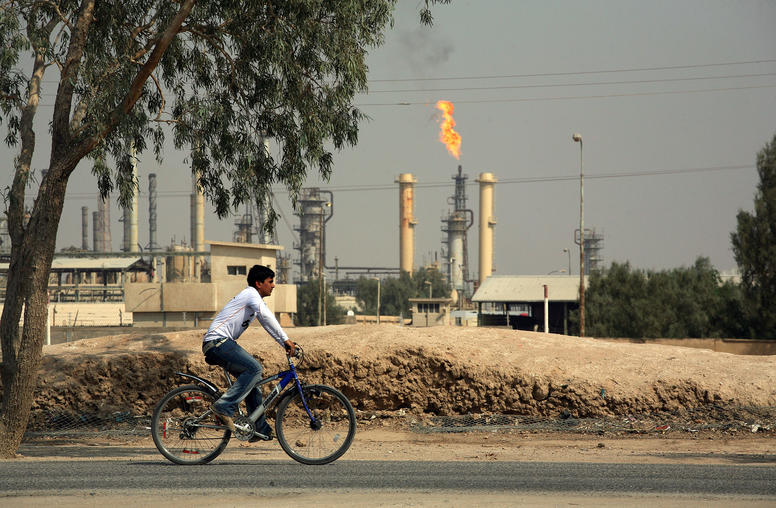
Iraq’s Protests Show the Fragility that Gave Rise to ISIS Remains
In recent weeks, tens of thousands of Iraqis in southern provinces of the country took to the streets to demand action over the lack of basic services and jobs. The protests began in the oil-rich Basra province, where people struggle with lack of clean water and electricity—amid temperatures exceeding 120 degrees—and economic injustice, among other challenges.
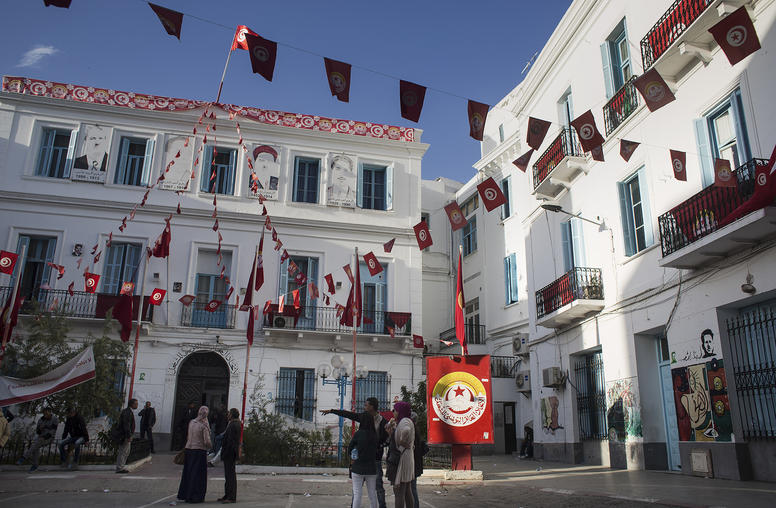
North Africa’s Fragility Provides Fertile Ground for ISIS
The U.S. Institute of Peace asked our Mike Yaffe and the American Enterprise Institute’s Emily Estelle for their insights on confronting the terrorist threat in Libya and Tunisia and addressing governance challenges in the two North African nations.
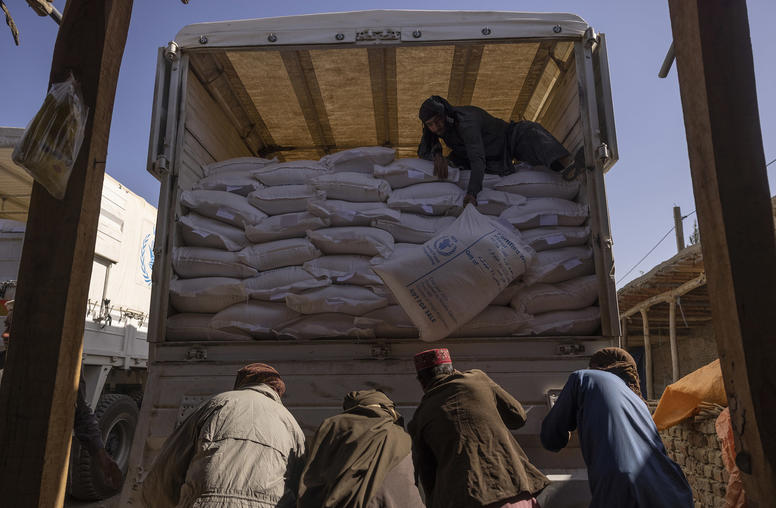
How to Mitigate Afghanistan’s Economic and Humanitarian Crises
Afghanistan is teetering on the brink of a famine and economic collapse. Millions face the prospect of falling into poverty, starvation and even death. On December 22, the U.S. Treasury Department and United Nations Security Council provided sanctions relief for humanitarian assistance flowing to Afghanistan. USIP’s William Byrd says these actions are welcome but insufficient and discusses what more can be done to ensure the delivery of essential, life-saving aid to the Afghan people.
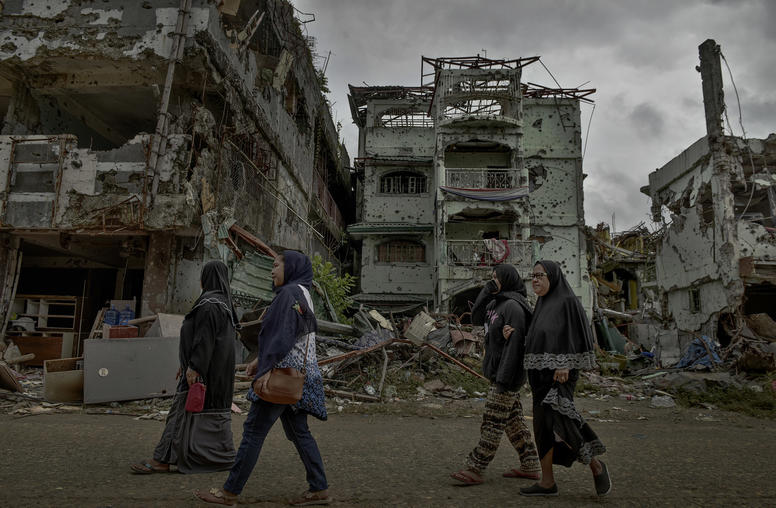
Examining Local Grievances and Militant Groups in the Southern Philippines
The 2017 Marawi siege was devastating for my city and its people. For five long months, Dawlah Islamiyah, known locally as the Maute-ISIS group, battled the Armed Forces of the Philippines (AFP), resulting in the displacement of more than 300,000 people. Large parts of Marawi remain uninhabitable to this day. As a result, many of the city’s residents are forced to live in camps for internally displaced persons (IDPs) almost five years since the end of the siege.
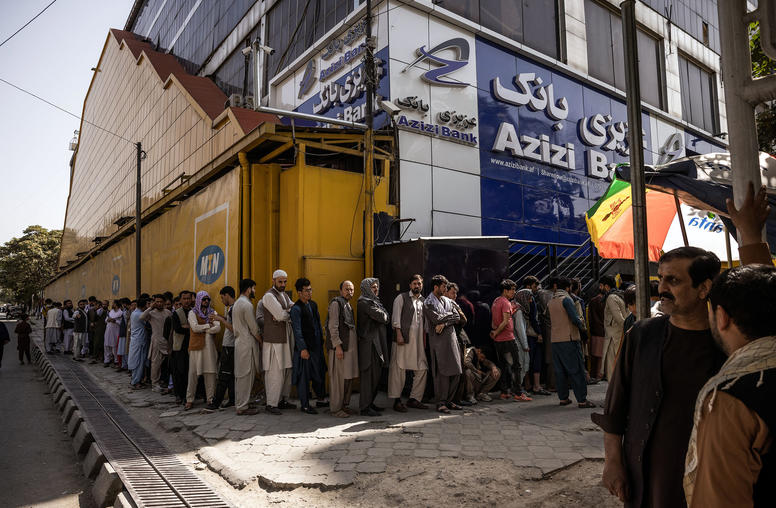
Afghanistan’s Frozen Foreign Exchange Reserves: What Happened, What’s Next
President Biden’s executive order blocking more than $7 billion of Afghan foreign currency reserves held at the U.S. central bank left confusion and consternation in its wake. And no wonder: The administration was seeking to balance a complex set of legal, foreign policy and political considerations.
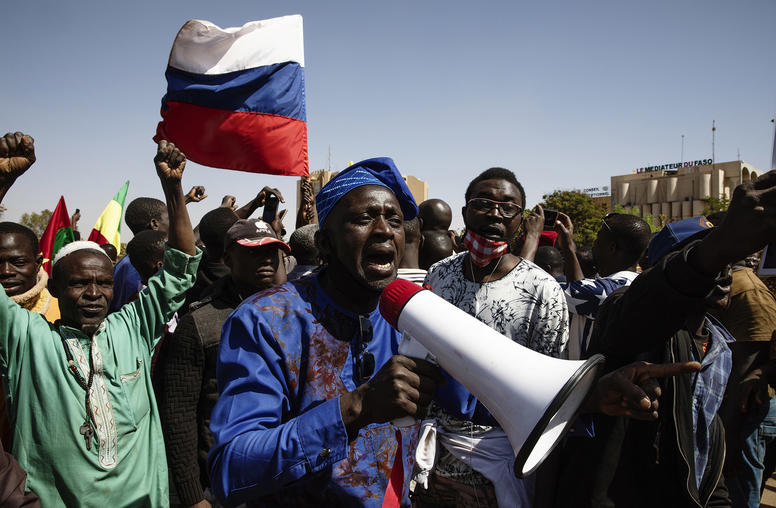
Countering Coups: Experts Offer Steps for U.S. Policy
After a “year of coups” around Africa’s greater Sahel region, U.S. and other policymakers and democracy advocates are discussing how to respond. What policies—by the United States, other democracies and international institutions—can preserve democratic advances of recent decades and reverse the surge in military takeovers? Recent discussion among U.S.-based policy analysts has converged around several priorities. Analysts convened by USIP suggest concrete steps to broaden support for fragile democracies and to reverse coups when they happen.